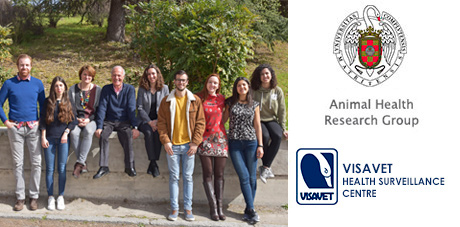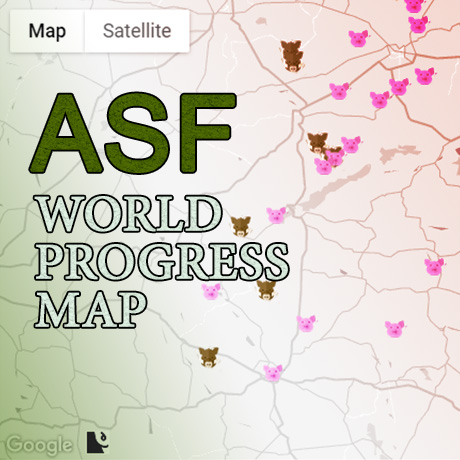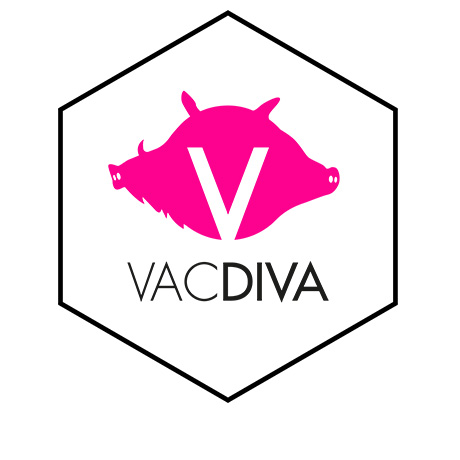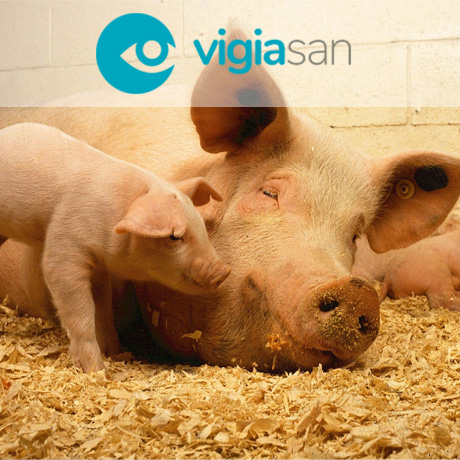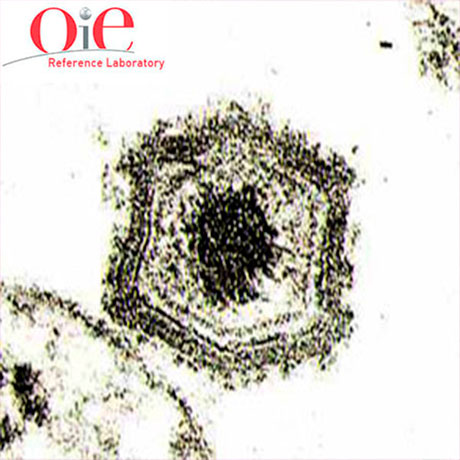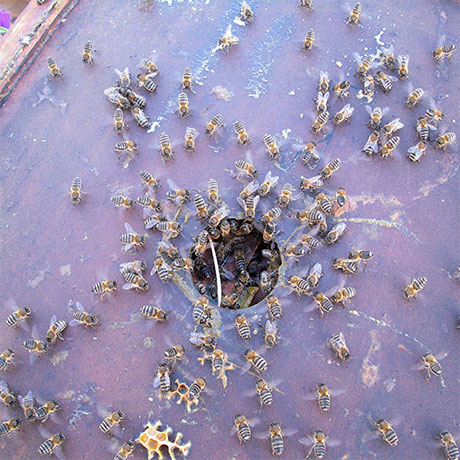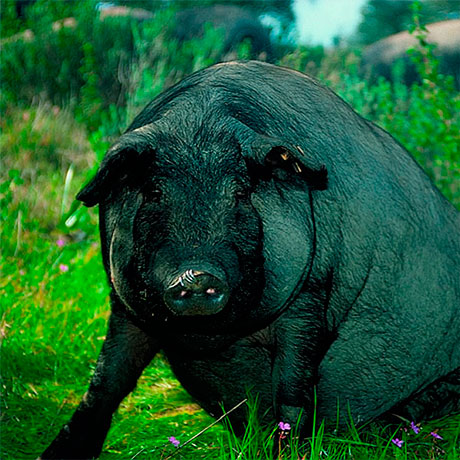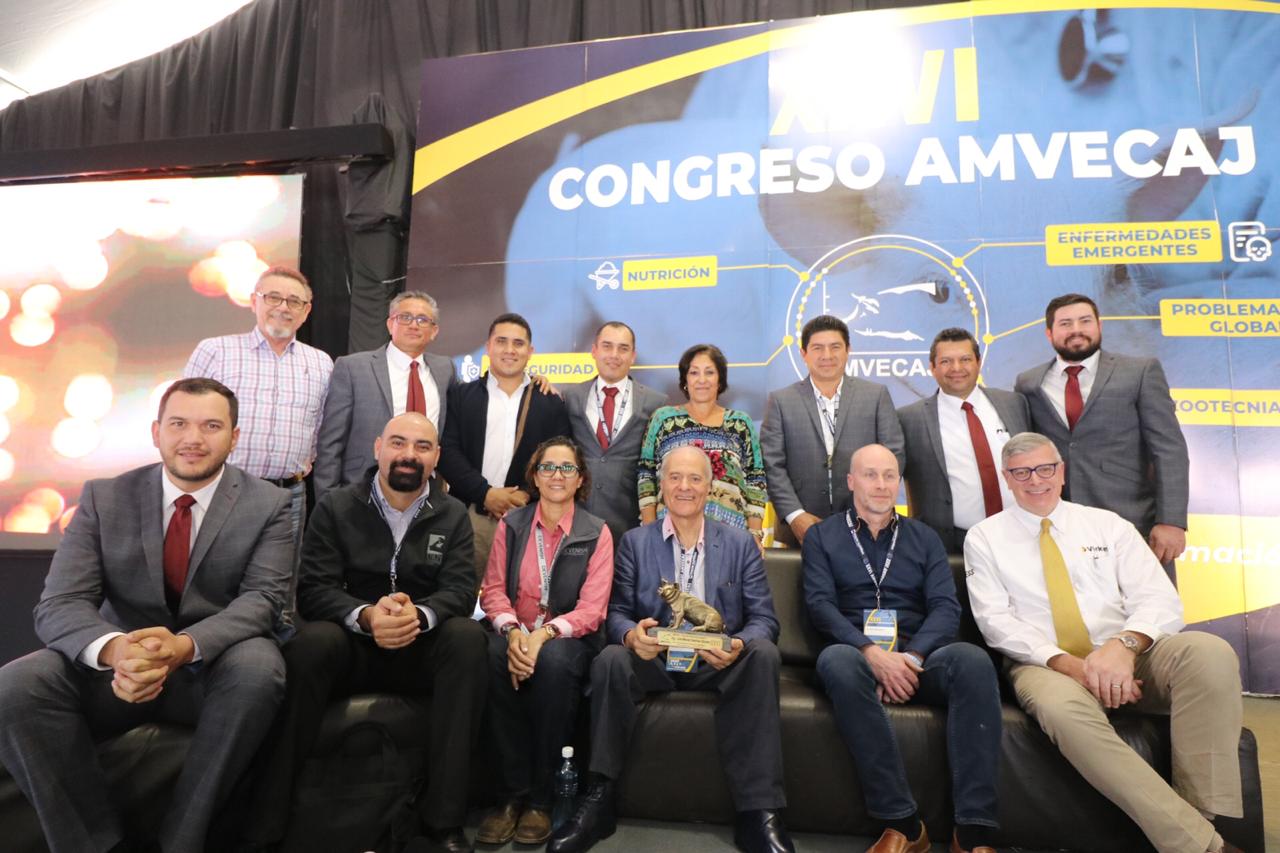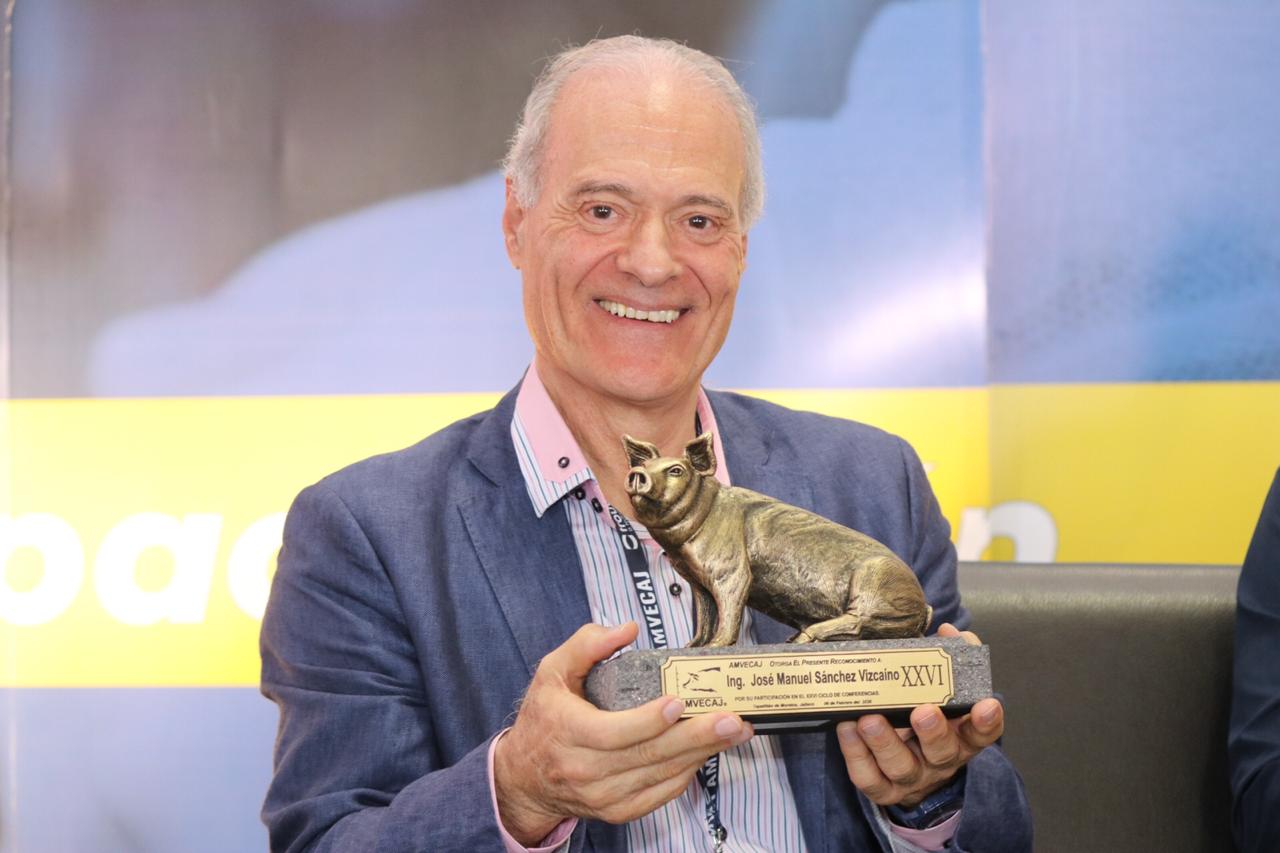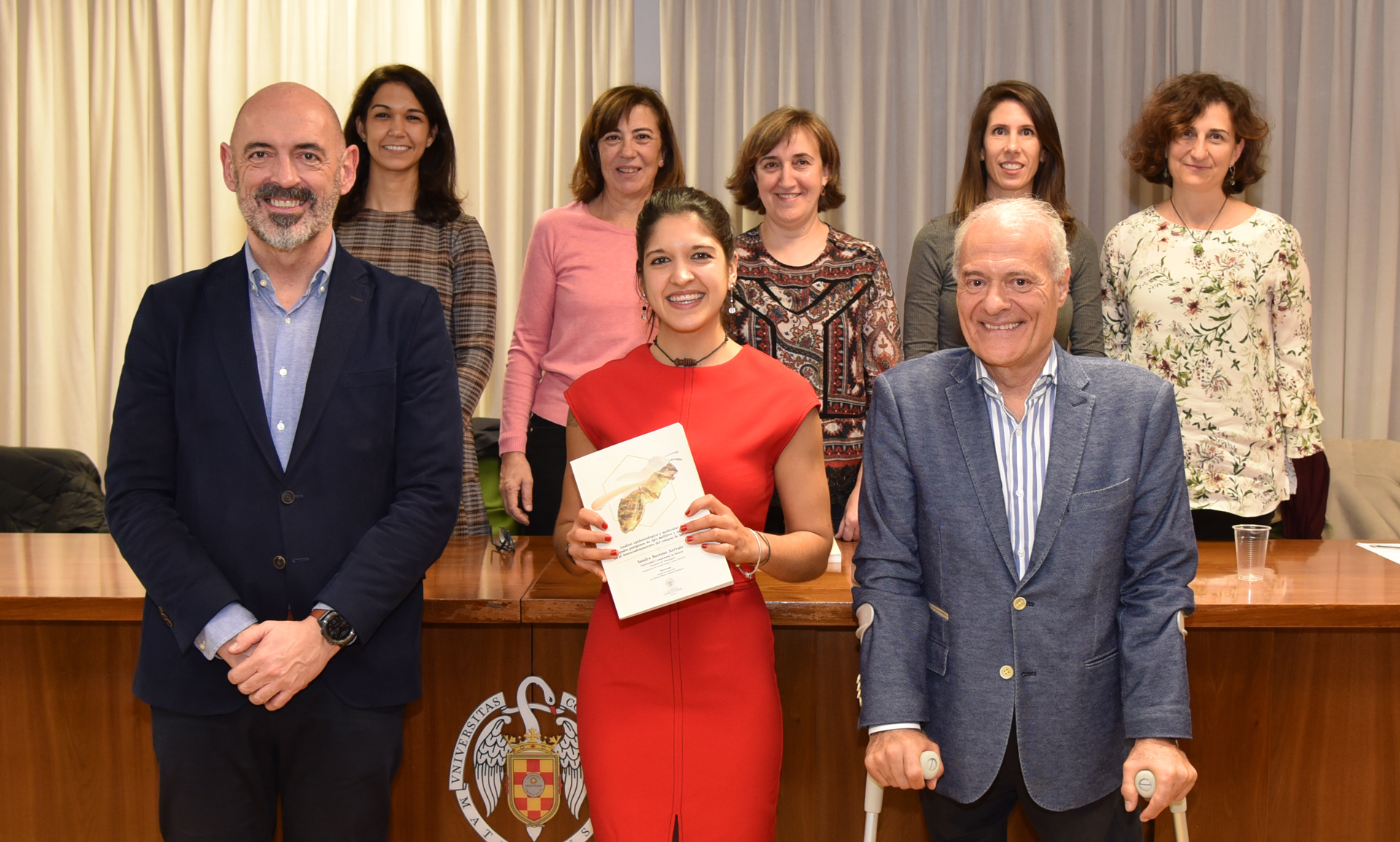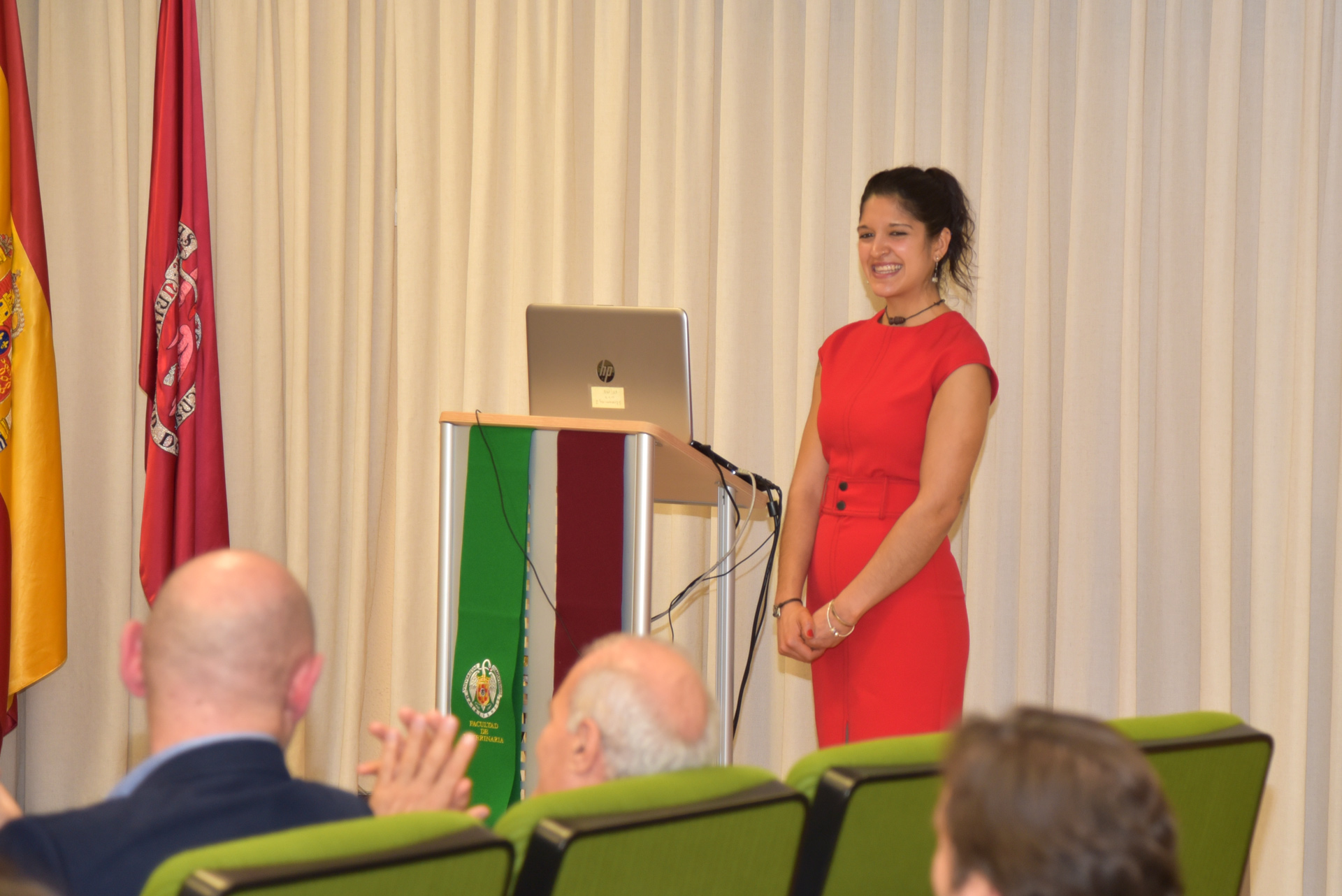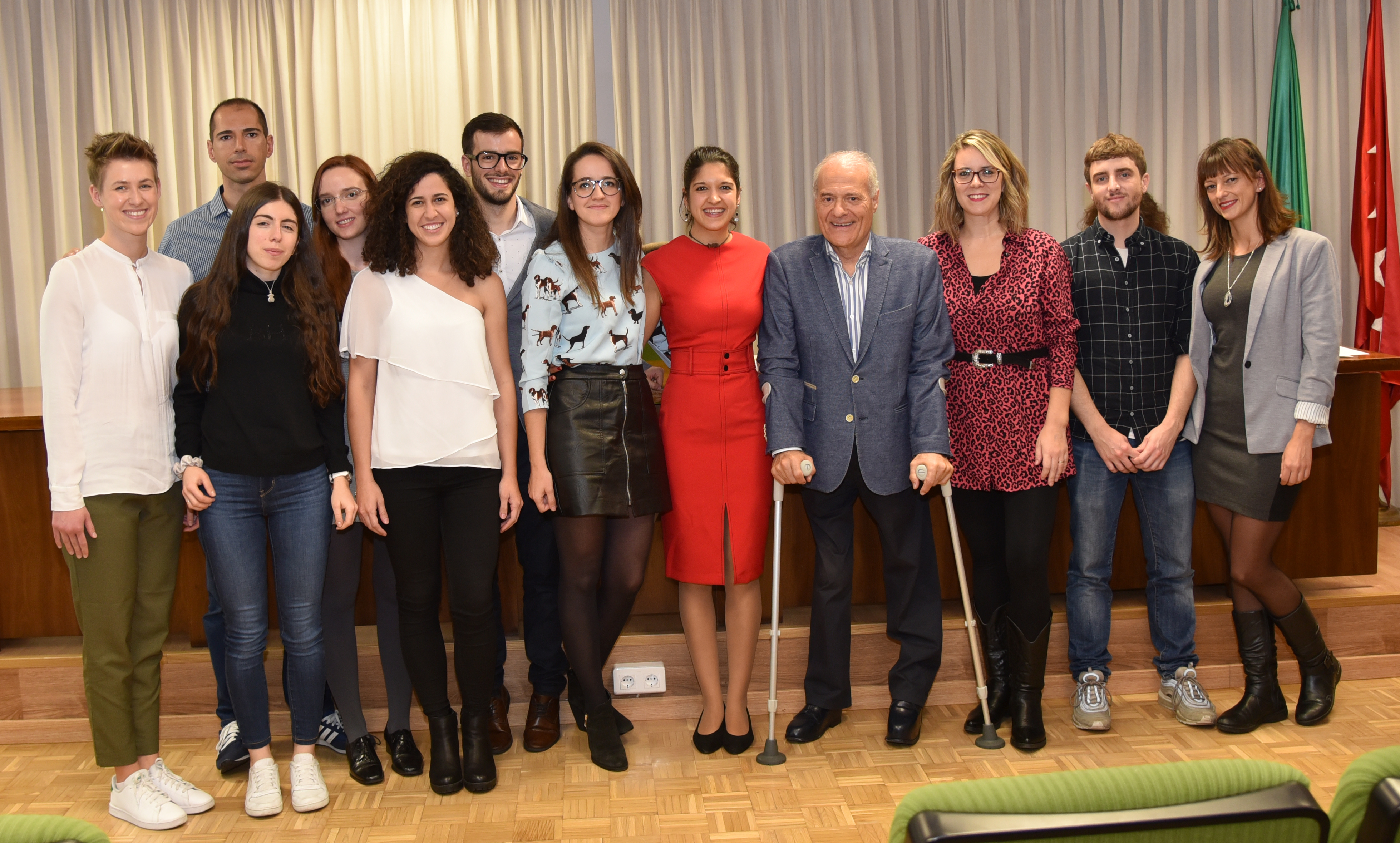Sardinia free of ASF
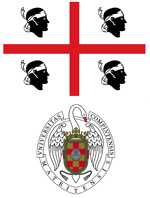 Good news for the Italian island, the authorities of the transalpine country are about to declare Sardinia an ASF-free region after 42 years of being endemic. In statements to the local newspaper "La Nuova Sargdegna", Prof. Sanchez-Vizcaino, who has collaborated with Sardinian researchers in the eradication of ASF in Sardinia, has pointed out the control of "brados" (feral pigs) as a key element in preventing the transmission of the virus and achieving eradication.
Good news for the Italian island, the authorities of the transalpine country are about to declare Sardinia an ASF-free region after 42 years of being endemic. In statements to the local newspaper "La Nuova Sargdegna", Prof. Sanchez-Vizcaino, who has collaborated with Sardinian researchers in the eradication of ASF in Sardinia, has pointed out the control of "brados" (feral pigs) as a key element in preventing the transmission of the virus and achieving eradication.
Sánchez-Vizcaíno also wanted to talk about the European project he is coordinating, VACDIVA, which focuses on the development of an oral vaccine to combat the ASF virus: "The first results are encouraging. The sooner the vaccine is developed and available on the market the better it will be for pig producers around the world".
 The President of Sardinia Francesco Pigliaru, dedicated a few words to this fact in social networks.
The President of Sardinia Francesco Pigliaru, dedicated a few words to this fact in social networks.
ASF Meetings in Mexico
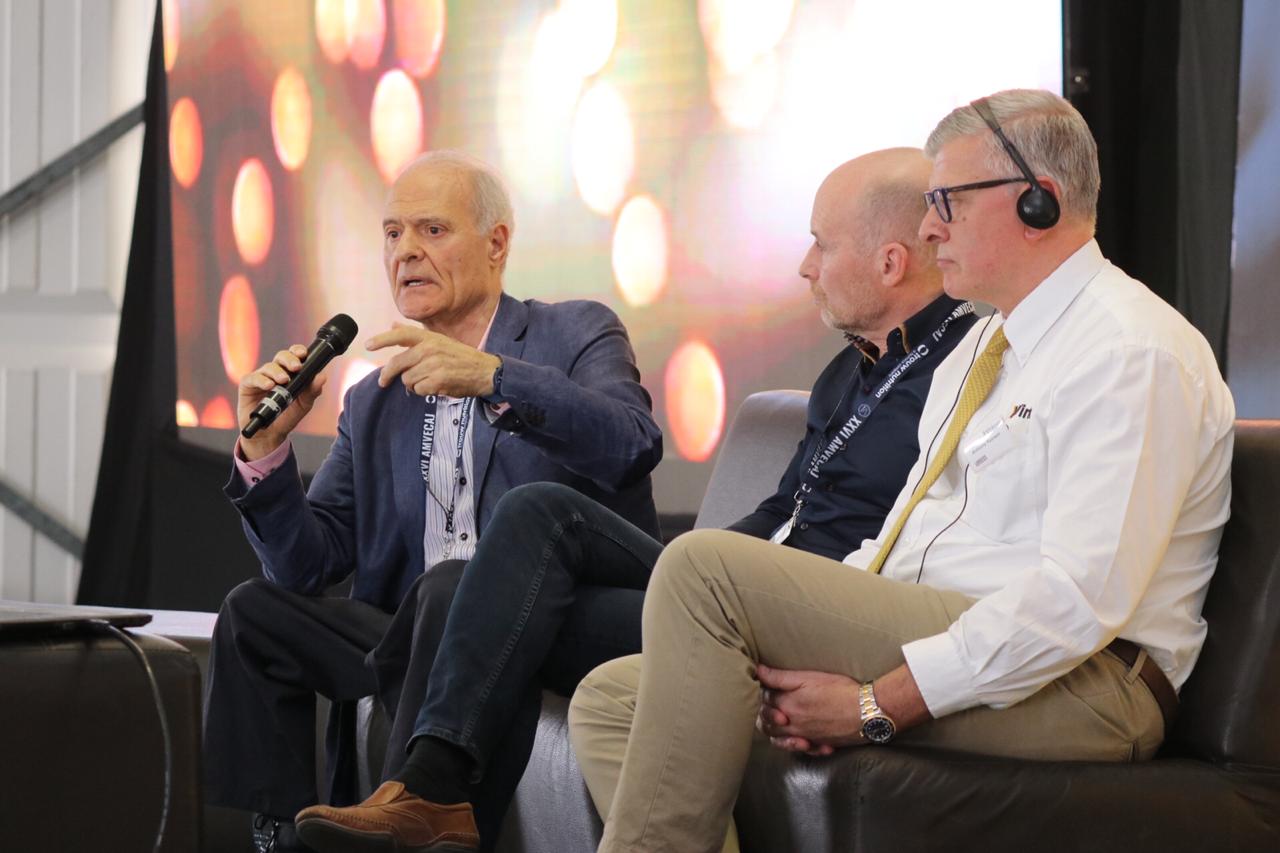
Prof. JM Sánchez-Vizcaíno participated in the Forum "African Swine Fever and the Challenges in Mexico", held on February 4 in the capital of the aztec country and organized by INFARVET, which was also attended by other experts in ASF and members of the Mexican administration.
Likewise, on February 6, Sánchez-Vizcaíno was able to attend the XXVI Cycle of AMVECAJ Conferences that took place in Tepatitlán de Morelas (Jalisco), where more than 500 experts from the sector were able to attend his lecture "ASF, the greatest threat and the least known".
Sandra Barroso Arévalo PhD Thesis
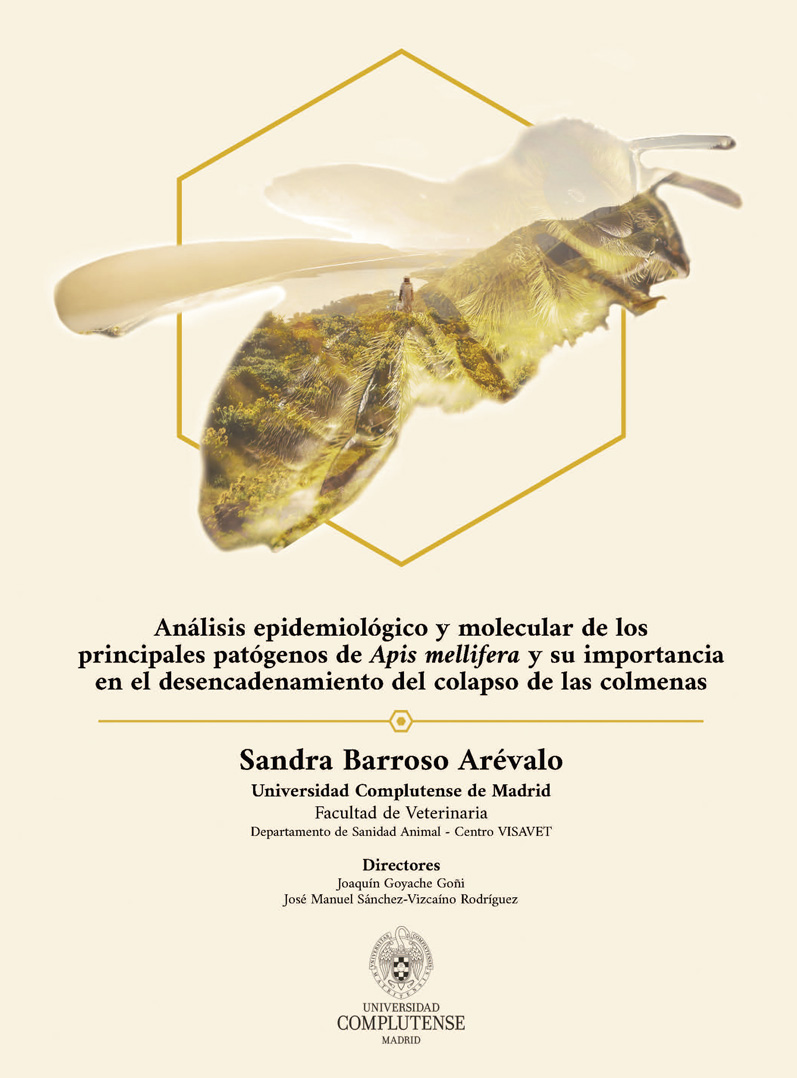
Next friday 29th of November, Sandra Barroso Arévalo will defend her PhD Thesis "Epidemiological and molecular analysis of the main pathogens of Apis mellifera and their importance in triggering colony losses" directed by professors Joaquín Goyache Goñi & José Manuel Sánchez-Vizcaíno.
The event will take place at 12.00 in the Degrees Room of the Faculty of Veterinary Medicine of the Complutense University of Madrid.
Abstract:
The number of honey bees has been in constant and progressive decline since the second half of the twentieth century. These insects play a key role as pollinators and in the maintenance of global biodiversity. Colony losses include two kind of phenomena. The first one is “Colony collapse disorder” (CCD), which consists of a rapid decrease in bee population, but honey/breeding/pollen stores remain adequate and bees do not show disease symptoms. The second one is winter mortality after wintering. In addition to the impact on the beekeeping sector, colony losses also affect food production, environmental sustainability and ecosystems.
Sandra Barroso PhD defense
Sandra Barroso Arévalo defended her PhD Thesis entitled "Epidemiological and molecular analysis of the main pathogens of Apis mellifera and their importance in triggering colony losses" on 29 November 2019, obtaining the highest qualification cum laude.
The SUAT group gives you the most sincere congratulations
Interview to José Manuel Sánchez-Vizcaíno
Animal´s Health journal: "Tenemos unas condiciones de bienestar animal impresionantes" (spanish text)
How to Handle an African Swine Fever
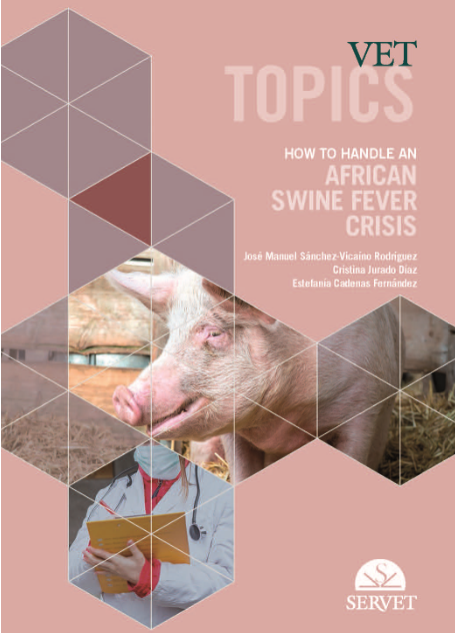 The SUAT group has published a new book entitled "How to Handle an African Swine Fever" in the Servet publishing house.
The SUAT group has published a new book entitled "How to Handle an African Swine Fever" in the Servet publishing house.
ISBN: 978-84-18020-01-8



